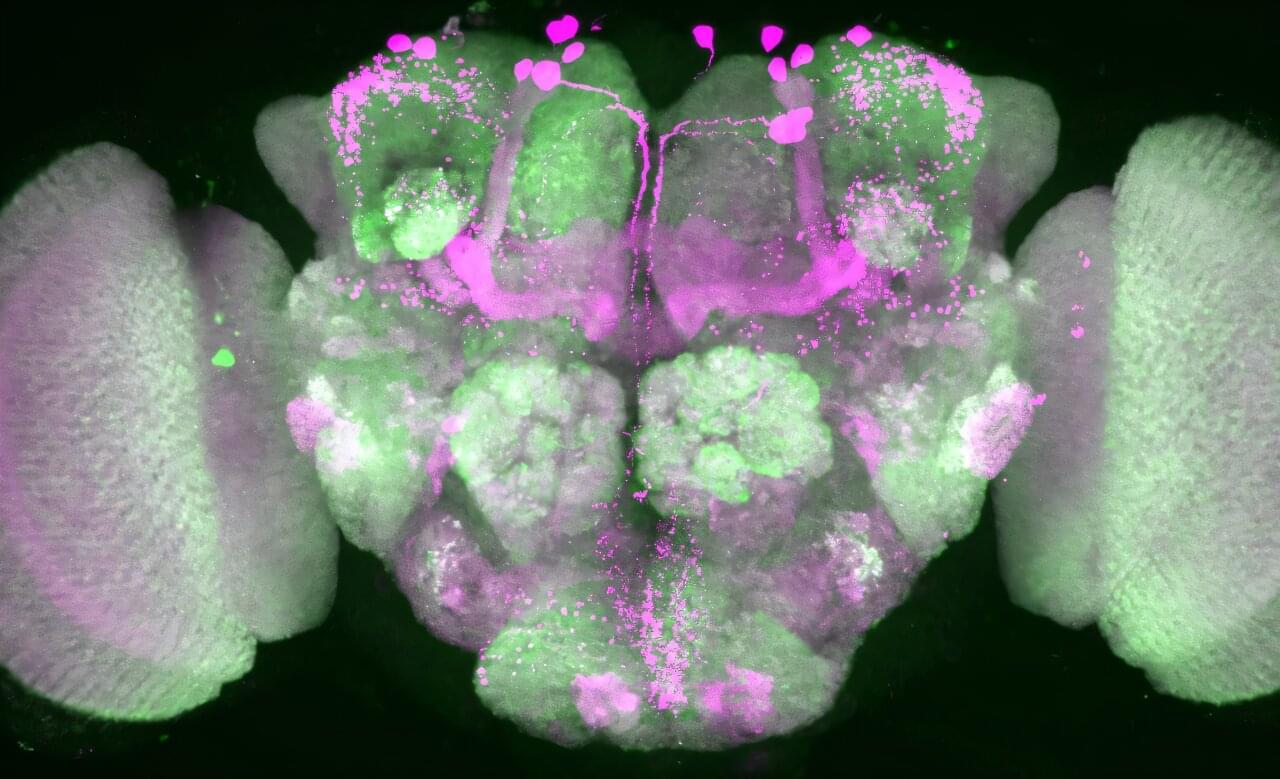Flies too need their sleep. In order to be able to react to dangers, however, they must not completely phase out the environment. Researchers at Charité–Universitätsmedizin Berlin have now deciphered how the animal’s brain produces this state. As they describe in the journal Nature, the fly brain filters out visual information rhythmically during sleep—so that strong visual stimuli can still wake the animal.
Periods of rest and sleep are vital—presumably for all animals.
“Sleep is essential for physical regeneration, and in humans and many animals it is also fundamental for memory formation,” explains Prof. David Owald, a scientist at Charité’s Institute of Neurophysiology and leader of the recently published study. It was previously unclear how an organism reduces its response to stimuli sufficiently to be able to regenerate, while still remaining alert enough to respond to external dangers.
